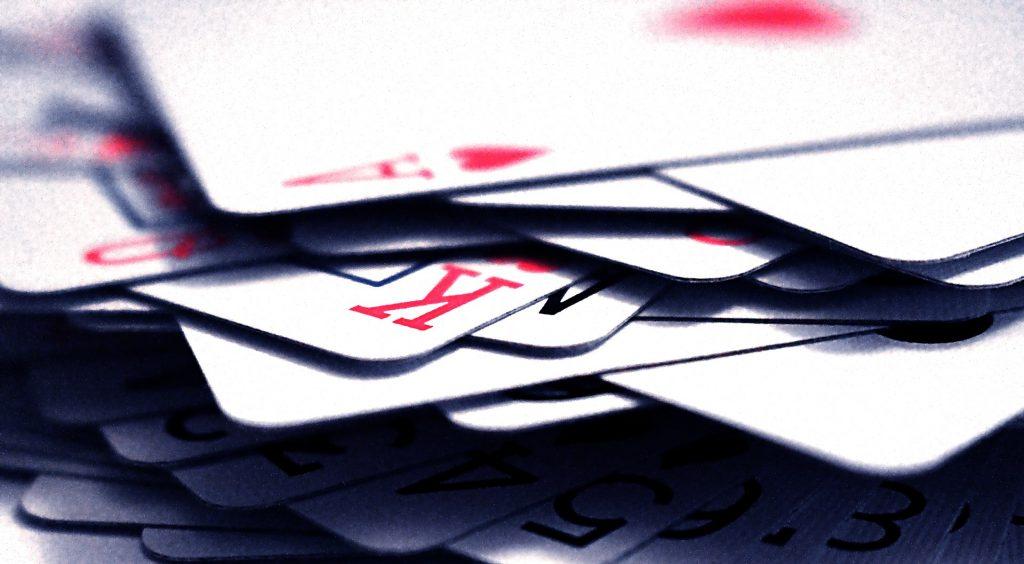With that in mind, it is easy to see why the latest changes in the game design that the UKGC has announced are expected to resonate across the iGaming industry.
Namely, online casino operators who want to continue offering their services in the UK will have to strengthen the protection measures and exert more control over certain aspects of online casino games. According to the UKGC, this will make the games safer and less intensive, giving more control to the players.
The games that will be affected the most by these drastic measures are online slots. According to the Commission, on average, players tend to lose most of their money while playing these casino games.
Let’s learn more about what is changing.
What Are the Changes?
According to these new rules, four characteristics of online slots will be banned entirely.
First, any features that speed up the play and give players the illusion of being in control will have to go. Secondly, the speed of any slot spin will have to be slower than 2.5 seconds. Autoplay feature will also become a thing of the past, as it is said to make players lose track of time, which can seriously hurt their bankroll beyond repair. Lastly, the imagery and sound effects that can be interpreted as a celebration of a win when the payout is smaller or equal to the stake will be banned as well.
Apart from these alterations in games’ designs, additional safety features will have to be implemented, too. Specifically, a clear display of net losses and wins during a slots-playing session will become mandatory for all operators. Furthermore, reversing withdrawals will no longer be allowed, which is expected to stop the players from gambling with the money they had previously requested to withdraw.
The changes are expected to take effect by 31 October 2021.
What Is the Reason For These Amendments to the Existing UKGC Rules?
During the COVID-19 crisis, the UKGC has completed extensive research into the effects of certain game characteristics on players and the risks they pose.
First of all, slots have been marked as the games where the loss per player ratio is the highest. Namely, it is set at £67 per month, which is why these games in particular have been targeted by these changes.
Autoplay was highlighted as one of the most damaging features since it can make players lose track of time and, consequently, the control of their bankroll. This feature is particularly damaging when players choose to gamble on multiple games simultaneously, as it is especially difficult to focus on all the action at the same time.
By slowing down the spins, the UKGC wants to curb the intensity of play. After all, it is more likely that the players will lose interest in a game faster if the reels take longer to stop spinning.
The ban on reverse withdrawals aims to stop the players from gambling away the money they had originally considered saving.
This move is in line with the UKGC’s strict policies and is regarded as another vital step in making gambling safer and keeping people away from gambling-induced harm.
How Will the Industry Respond?
The proposed changes will undoubtedly make things difficult for operators.
First of all, the games will have to undergo considerable modifications, which is going to take time. As a result, some of the most popular titles could be unavailable to players for a while, which is bound to lead to a loss of revenue for casinos.
Secondly, the existing safety measures, such as the ban of credit cards, enhanced KYC policies, and ID identification of every customer, have already dissuaded numerous players. Consequently, once the new changes are implemented, the profit can be expected to drop even further, together with the overall market value, which has already gone down 0.6% between April 2019 and March 2020.
While these predictions are only examples of what might happen, we will just have to wait and see to what extent these measures will hurt the prospects of profit and whether they will truly give players more protection.



